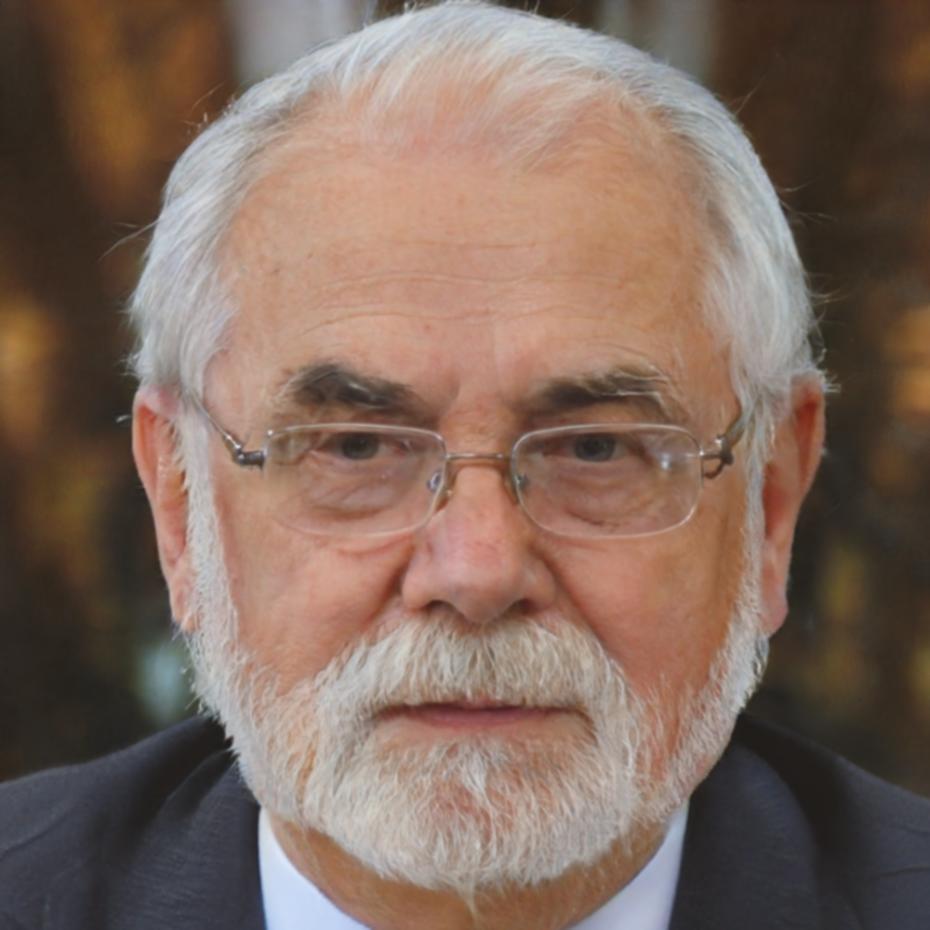Build Distributed Systems That Actually Work
Most blockchain courses teach you theory. We show you how to architect systems that handle real transaction loads, consensus failures, and network partitions. Because reading whitepapers doesn't prepare you for production environments.
View Course Structure
Which Path Fits Your Background?
We structure learning based on what you already know. Not everyone needs the same starting point, and jumping into advanced consensus algorithms when you're still figuring out distributed databases wastes everyone's time.
Backend Engineers
You know APIs and databases. We'll focus on distributed state management, Byzantine fault tolerance, and how blockchain consensus differs from traditional replication strategies. Skip the intro programming stuff.
System Architects
You design infrastructure. We dive straight into CAP theorem tradeoffs, sharding strategies, and performance bottlenecks specific to blockchain networks. You'll compare merkle trees to your existing data structures.
Career Switchers
Coming from outside tech or junior positions? We start with distributed systems fundamentals, then build toward blockchain-specific challenges. Expect more foundation work before hitting consensus protocols.
Why Taiwan's Blockchain Scene Matters
Taiwan sits at an interesting crossroads. Strong semiconductor industry means hardware expertise. Proximity to major Asian markets creates real-world testing grounds. And a government that's cautiously supportive rather than hostile.
Our curriculum reflects this context. You'll work with scenarios relevant to Asian markets, understand regulatory considerations specific to this region, and connect with professionals who actually build blockchain solutions here.
It's not just theoretical Western case studies translated into another language. We use examples from local fintech experiments, supply chain implementations, and actual problems companies face in Taipei and Hsinchu.

How We Actually Teach This Stuff
Blockchain education has a reputation problem. Too much hype, too many bootcamps promising six-figure jobs after eight weeks, too little substance. Here's what we prioritize instead.
Production-Ready Code
You'll write smart contracts that handle edge cases, implement proper error handling, and consider gas optimization from day one. Academic exercises have their place, but we focus on code you could actually deploy.
Real Network Constraints
Everything runs on test networks that behave like production. You'll experience transaction delays, deal with mempool congestion, and debug consensus issues. The sanitized environment comes down early.
Honest Limitations Discussion
Blockchain isn't the solution to every problem. We spend time on when NOT to use it, alternative architectures that might work better, and realistic cost-benefit analysis for distributed systems.
Architecture Over Trends
The latest layer-2 solution will be outdated by next year. Understanding CAP theorem, Byzantine generals problem, and fundamental distributed systems tradeoffs remains relevant regardless of which protocol is trending.

What Students Actually Build
By month four, you'll have deployed a multi-signature wallet contract, implemented a basic DEX with liquidity pools, and built a supply chain tracking system with verifiable provenance.
These aren't tutorial copy-paste exercises. You design the architecture, make tradeoff decisions, and defend your choices during code review. Some solutions will be inefficient. That's how you learn where bottlenecks actually appear.
Program Investment & Scheduling
Our next cohort starts September 2025. Applications open in June. Class size stays under 20 students because effective code review and architecture feedback don't scale infinitely.
Full Architecture Program
NT$385,000Complete blockchain architecture training spanning eight months. Includes mentorship, project reviews, and access to our testing infrastructure. Most students complete while working full-time.
- 32 weeks of structured curriculum
- Weekly architecture reviews with senior engineers
- Access to test network infrastructure
- Smart contract security auditing sessions
- Distributed systems fundamentals module
- Performance optimization workshops
- Career guidance and portfolio development
Foundations Module
NT$95,000For engineers who need distributed systems fundamentals before jumping into blockchain-specific work. Eight weeks, part-time schedule.
- Distributed systems concepts
- Consensus mechanisms overview
- Basic smart contract development
- Cryptographic primitives



What Happens After Graduation
We don't promise job placement. The blockchain industry in Taiwan is still developing, and pretending otherwise sets unrealistic expectations.
What we do offer: portfolio guidance, introduction to companies we've worked with, and ongoing access to our technical community. Some graduates join blockchain startups. Others apply distributed systems knowledge to traditional companies exploring blockchain integration.
The skills transfer beyond pure blockchain work. Understanding consensus algorithms makes you better at designing any distributed system. Smart contract development teaches you to think carefully about state management and edge cases.
Learn About Our Team